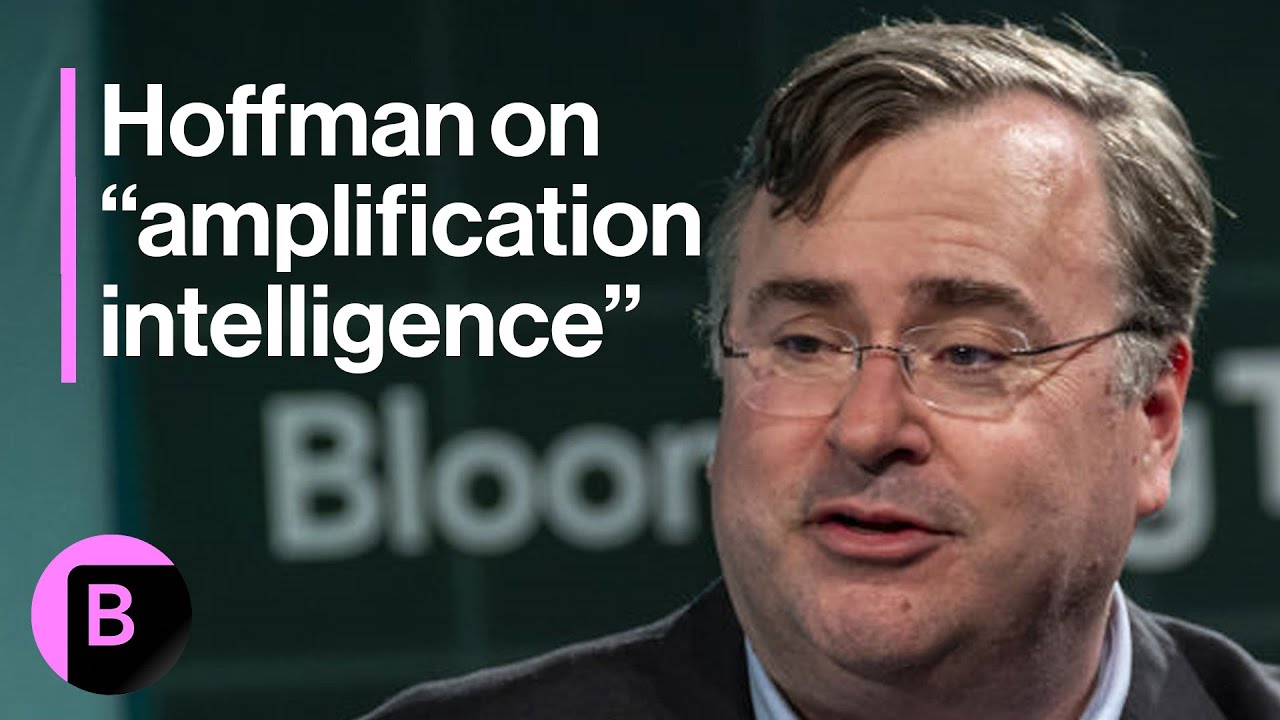Reid Hoffman discussed the dual potential of AI as both an educational tool and a challenge to critical thinking, emphasizing the importance of engaging with AI to enhance understanding while addressing inherent biases in AI systems. He advocated for a human-centered approach to AI development, minimal initial regulation to manage severe risks, and the need for Western industries to remain competitive in the global AI landscape, particularly against China’s ambitions.
In a recent discussion, LinkedIn co-founder Reid Hoffman addressed concerns surrounding the rise of artificial intelligence (AI) and its potential impact on critical thinking. He emphasized that AI, particularly in its current form, serves as an extraordinary educational tool, enabling users to learn about a wide range of topics. While there are fears that reliance on AI could diminish critical thinking skills, Hoffman argued that, like any technology, it can either enhance or hinder cognitive capabilities depending on how it is used. He encouraged users to engage with AI as a dialogue partner to elevate their understanding and creativity rather than simply outsourcing their thinking.
Hoffman acknowledged the ongoing challenge of bias in AI systems, noting that all human knowledge is inherently biased. He pointed out that major AI labs are actively working to minimize these biases, but it is an ongoing process. He expressed concern about the transition into what he termed the “cognitive industrial revolution,” which, while promising significant societal advancements, also presents challenges that must be navigated carefully to ensure prosperity for future generations.
When discussing the design of AI and the necessary safeguards, Hoffman highlighted the importance of placing human agency at the center of AI development. He advocated for a design principle that enhances human capabilities and fosters inclusivity. He believes that as technology evolves, it should be accessible to all, ensuring that advancements benefit a broad spectrum of society rather than a select few.
Hoffman also shared his views on regulation, suggesting that a minimal regulatory framework should be established initially to address the most severe risks associated with AI, such as terrorism and cybercrime. He argued for an iterative approach to regulation, where technology is deployed and refined over time, similar to how automotive safety standards have evolved. This approach allows for flexibility and adaptation as new challenges arise.
Finally, Hoffman touched on the competitive landscape of AI development, particularly in relation to China. He noted that there is an economic race between the West and China to lead in AI technology, with China aiming to be a global leader by 2030. While he refrained from labeling it an arms race, he acknowledged the urgency for Western industries to remain competitive in this rapidly evolving field, emphasizing the need for collaboration and innovation to secure a leading position in the global AI landscape.
